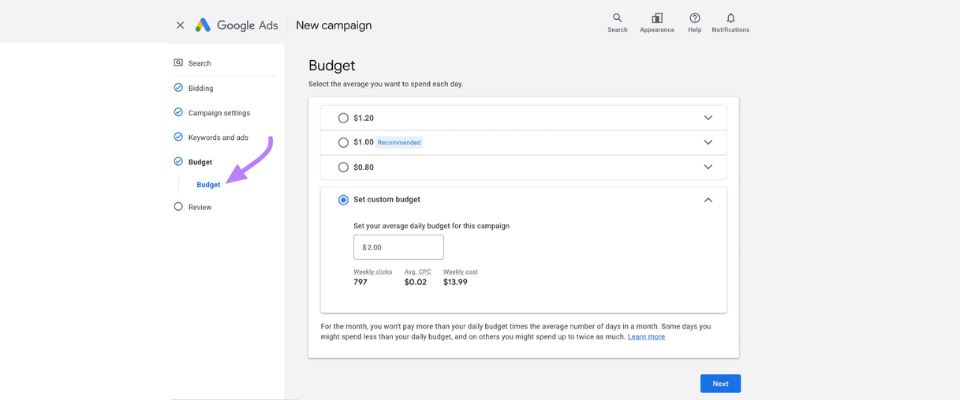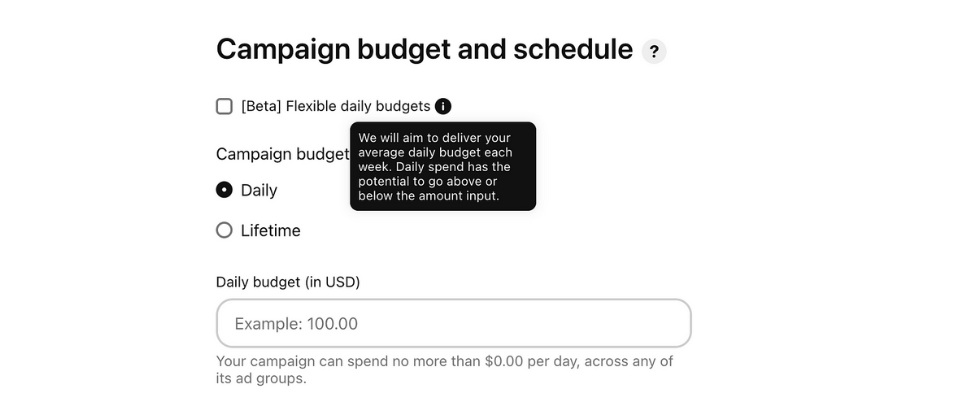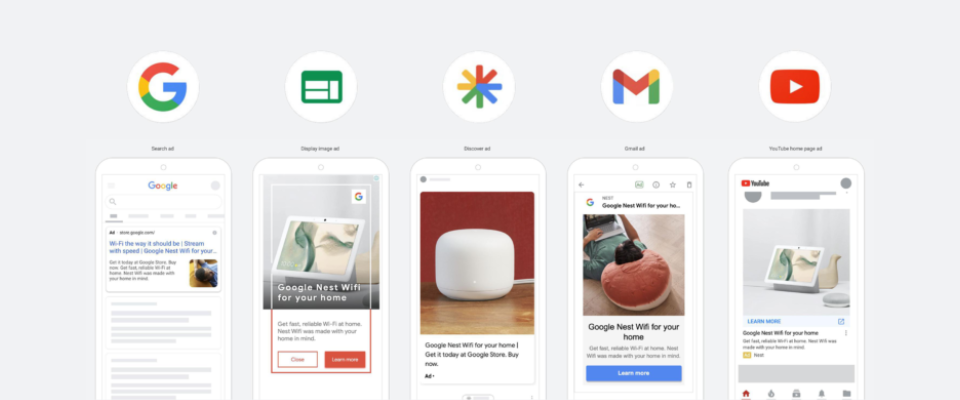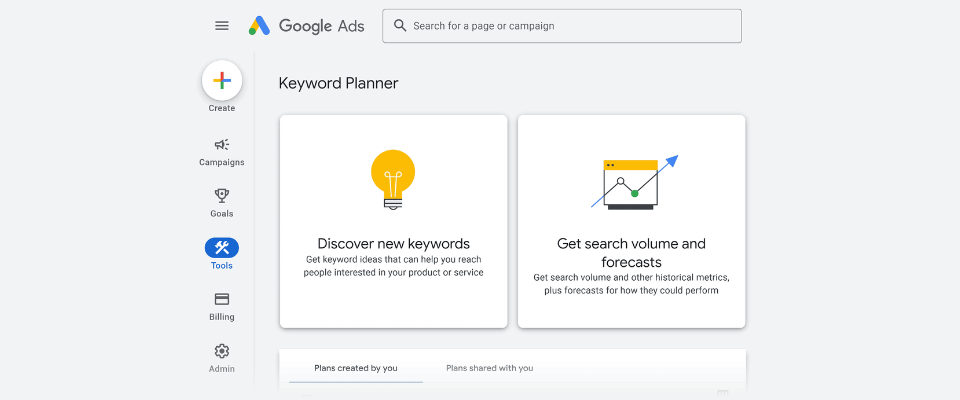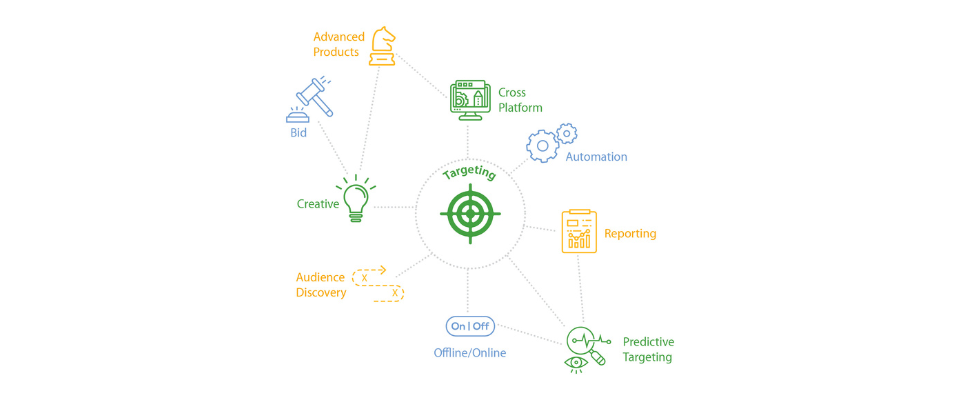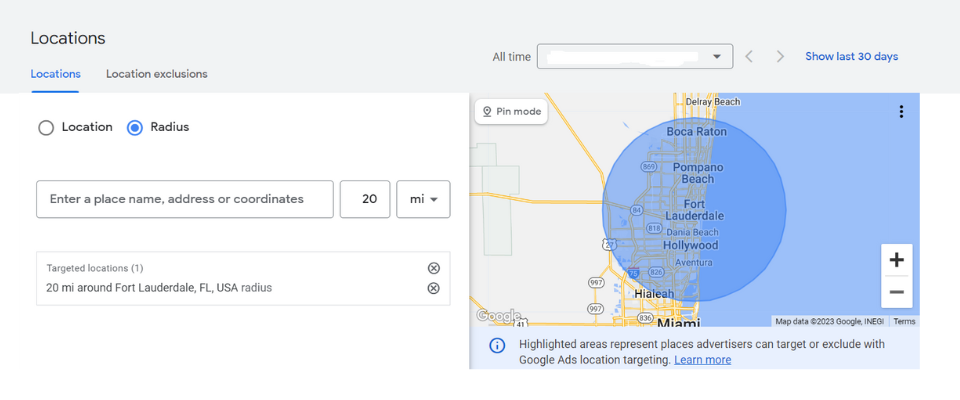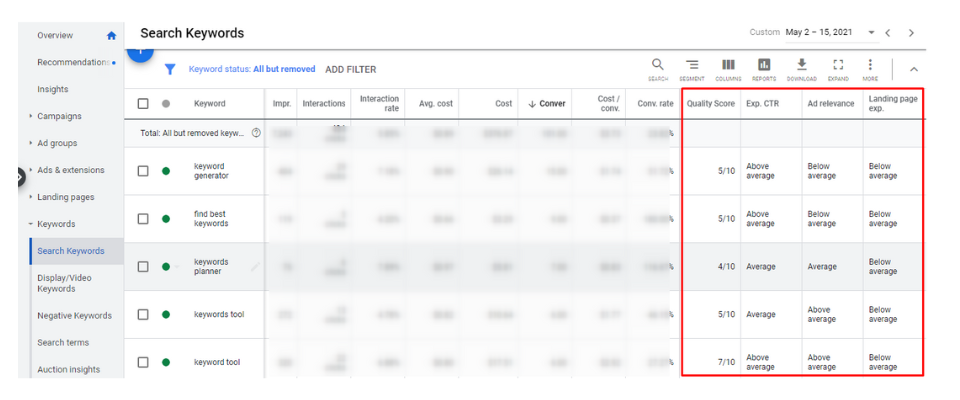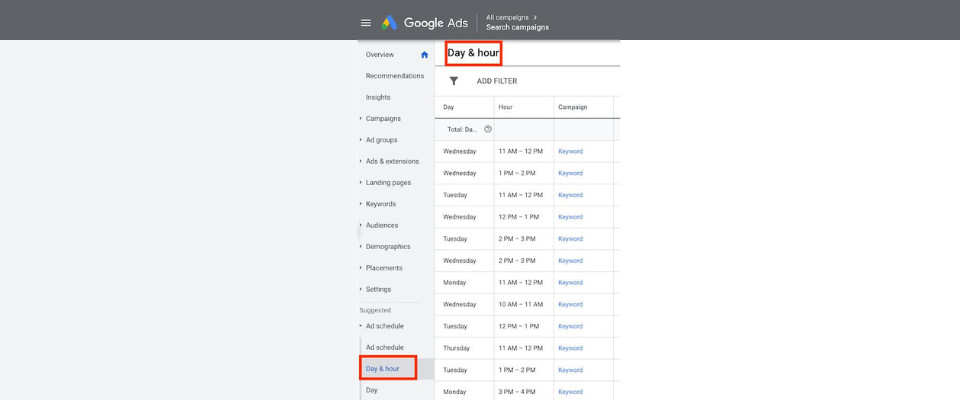Google Ads offers the most significant opportunity and directs significant traffic to your business and seals, qualified leads, and sales. If you are planning to run Google Ad campaign, its crucial to identify how much you should spend on running a Google Ad Campaign. If your ad expenditure is high, it will directly impact your profit, while if you spend little, there are very less chances to get the ads noticed. Having proper Ad budget plan in place will ensure to get the best possible retun on investment.
We will walk you through on how much you should spend on Google Ads per month, the factors that impact your budget, and best tips for setting it effectively in 2024. Lets dive into the blog.

What is the Minimum Amount You Should Spend on Google Ads in 2024?
According to our Market Experts at Prime One Global, we highly recommend that businesses allocate funds within $500 – $30000 + per month and it’s beneficial to set the minimum daily budget at $5 to $10. It’s vital to determine that you have the right Ad budget in place to maximize your return on investment (ROI).
Top 3 Factors that Influence Your Google Ads Budget
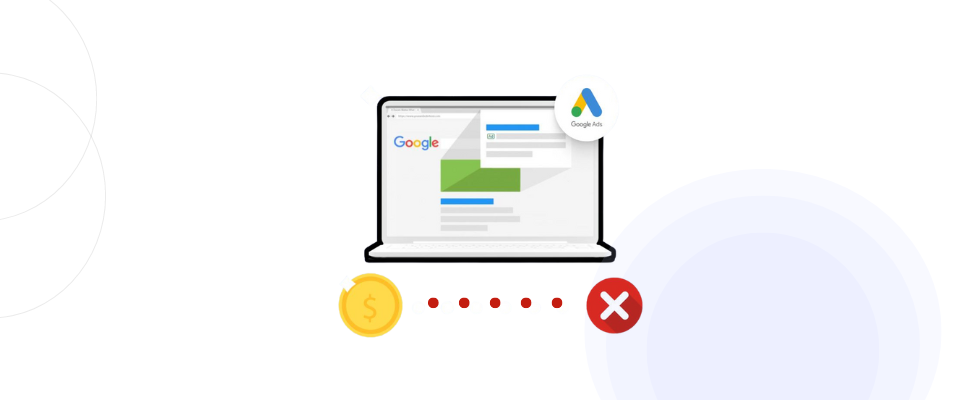
Every business’s advertising budget varies based on several factors besides its business size. It can be an enterprise, medium-sized business or even a startup. Here are the top three factors that determine your Google Ad Budget,
01. Industry and Its Competitive Landscape
In today’s digital landscape overall industry and its competition play a crucial role in determining the Google ad budget and its average cost per click (CPC). If your business operates in a highly competitive industry like legal, finance, real estate, etc, the average cost per click would be relatively high. On the other hand, businesses serving in arts and entertainment have very low CPC due to their less competitive business nature.
You too have to keep an eye on your competitors, the keywords and the amount they bid for to plan your ad budget. If you’re moving with high competition, high volume keywords with higher CPC then you have to invest more in your ad budget.
02. Business Goals
Remember your digital marketing strategy should be aligned with your business goals. Your goals directly influence how much you should spend on your Ad budget. For example, if you have planned for a brand awareness campaign, you need to bid for the generic keyword at the Top of the Funnel with a higher search volume. So obviously you have to allocate more budget to reach a broad audience.
Conversely, if your main goal is to drive leads to your business, you must bid for specific keywords that your audience shows interest in your products or services.
03. Market Trends
Google Ads is not something you set once and forget about it, you have to constantly monitor the market and competition. For instance, a campaign that works out well this summer may not work in the winter. Seasonal trends hugely impact the ads and their cost. So it’s vital to continuously monitor your campaign, CPC for the keywords, and seasonal offers to optimize the ad budget.
How to Calculate Your Average Daily Budget
Calculating your average daily budget is the basic step in setting up your Ad budget. How to calculate the average daily budget?
Step 1: Decide your monthly budget – Determine the monthly budget you’re willing to spend for the particular campaign for a month
Step 2: Divide it by 30.4 – Google calculates the daily budget using a standard monthly duration of 30.4 days. In order to calculate the daily budget, divide your monthly budget by 30.4 days
For instance, if your monthly budget is $1500 then,
Average Daily Budget = 1500/30.4 = $49.34
Is it Possible to run Google Ads with a Limited Budget?
Based on the theory, yes, you can run your ad campaigns with a tight budget. You can kick start your campaign with a very small budget and scale it slightly. With a limited Ad budget, you can target low-volume keywords, and long-tail keywords with less competition to cut down your costs.
Although with a low budget, it will take more time and effort to generate the expected results for the campaign. Having a very low budget will affect the effectiveness of your ad campaign and also limit your ads to reach more audiences.
Best Practices for Setting up the Google Ad Budget
So far we have discussed the factors that impact the Google Ad budget, now let’s look into the best practices you should consider while setting an Ad budget.
01. Evaluate your Historical Data - Ad Spend
It’s vital to review your past ad spending data to gain valuable insights on how your ad budget has performed in the last campaigns. Before setting up a new budget look at the metrics like impressions, average cost per click, conversion rates and Return on Ads Spend (ROAS) of previous campaigns.
Google Ads also provides you with a tool called “Performance Planner” to create budget plans for your ad spend and help you evaluate how changes to campaigns might affect key metrics and the overall performance of the campaign.
02. Keep an Eye on Industry Benchmarks for Google Ads Expenditure and Performance
As marketers, understanding the industry’s benchmarks for Google Ad spending and performance is vital. Conducting research Researching the industry’s average CPC ratesclick-through rates (CTR), and conversion rates will enable you make pro-active decisions on the Ad budget. It will also enable you to find out how much your competitors are spending and how well they are performing to make decision on your budget allocation.
03. Utilize Google Keyword Planner to estimate your traffic and cost
Google Keyword Planner helps you estimate the potential traffic and associated costs for the specific keywords you plan to target. Simply, you have to enter the relevant seed keywords related to your business in the tool and based on your keywords it will populate the forecasted search volume, average CPC and competition level.
You can estimate how much you might need to spend to achieve your desired traffic and helps you identify cost-effective keywords to target.
04. Leverage Automation Tools
Take advantage of automated bidding tools to make your budget management smoother and get the most out of your ad spending.Google Ads platform itself offers various automated bidding strategies, such as Target CPA and Maximize Conversions, which adjust your bids based on performance data to help you get the most value from your budget.
Additionally, these automation tools can help you keep an eye on and tweak your ad budget as needed making sure you get a better Return on Investment (ROI).
05. Use Geo Targeting to limit the Ad Spend
Geo-targeting is one of the feature that enables your ads display only to the people who search in particular region. This technique can be beneficial for local businesses or campaigns that focus on specific target markets. Targeting specific locations to reach your audience helps you use your budget in a more efficient manner.
06. Optimize Your Ad Quality Score
If you are running your campaigns with budget constraints, then optimizing your ad quality score is the best option. Optimizing your Ad quality with a high score results in lower costs and better ad positions in the search results. How can you improve your ad quality score?
- Focus on improving your Ads’ relevance
- Improve your landing page quality
- Boost your conversion rates
This simple technique will not only help to optimize your budget it also helps you to optimize your entire campaign’s performance.
07. Implement Ad Scheduling within your campaign
Ad scheduling is also called Dayparting, which allows your ads to be enabled on specific days and times on search results when your target audience is most likely to be active. You may maximize your ad budget by scheduling your ads during peak times which helps with better engagement and conversions.
Wrapping Up: Maximize Your ROI with Effective Google Ads Budget
Having the right Google Ad budget in place that fits your business goals and objectives will maximize your return on ad spend (ROAS). Setting a well strutured Google Ad budget is not a hard thing, one though it largely depends on the industry you are operating in. You should have an appropriate Google af budget to ensure that you reach your relevant target audience and It’s crucial to have the right ad budget to ensure that you reach your target audience and persuade them to takea desired action. Its vital to keep an eye and fine-tune your budget in relation to performance indicators will keep your ad campaigns on track and in accordance with the laid down goals.
Are you ready to take scale your business to next level through advertising campaigns? Our team of experts would be delighted to assist you in


